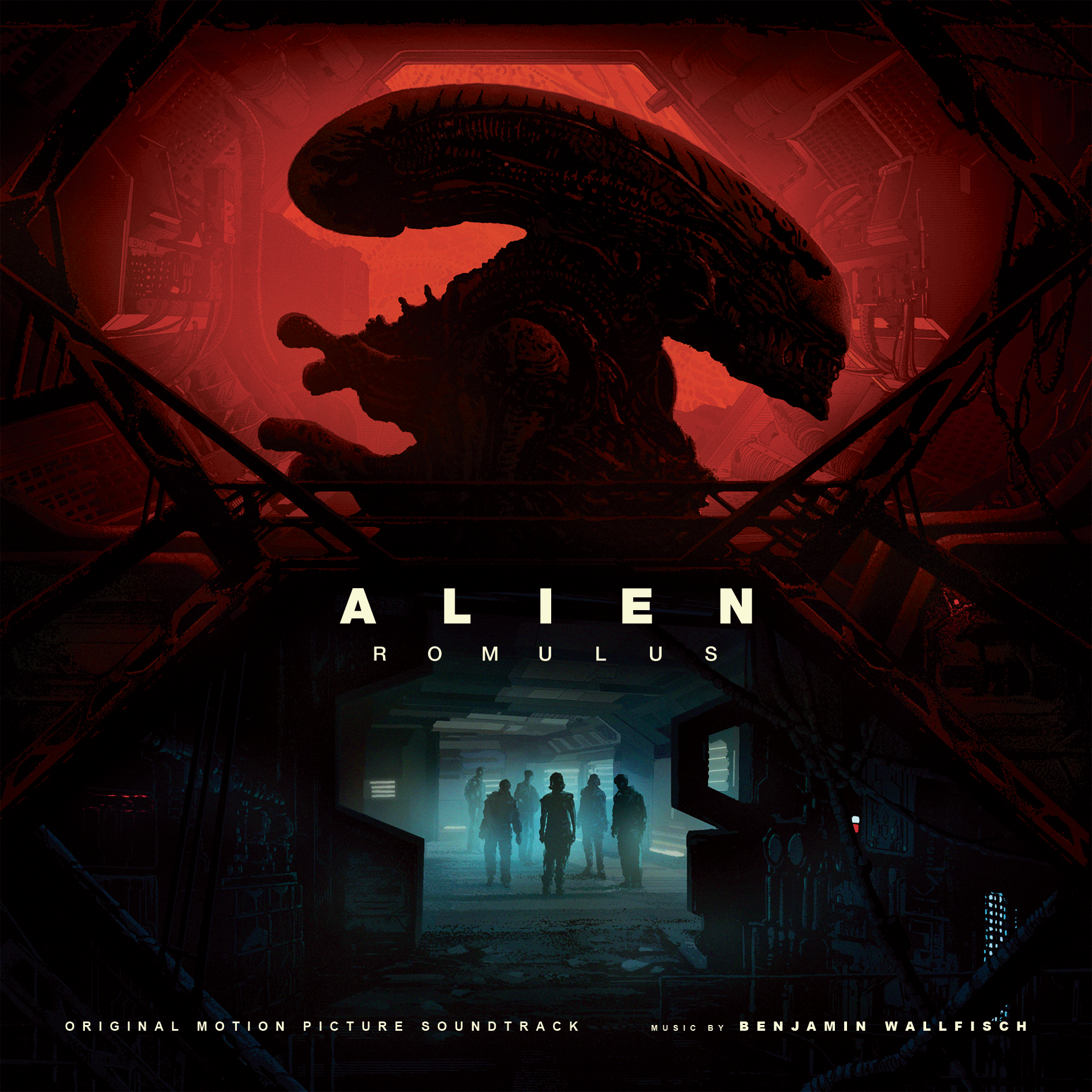Benjamin Wallfisch: How the Composer is Redefining Fear in his Score for Alien: Romulus
Benjamin Wallfisch: How the Composer is Redefining Fear in his Score for Alien: Romulus
Benjamin Wallfisch isn’t your average film composer. The British maestro, now firmly rooted in Los Angeles, has carved out a niche that’s equal parts blockbuster brilliance and genre-bending experimentation. He’s the man behind the haunting strings of It, the retro-futuristic vibes of Blade Runner 2049 (a collaboration with Hans Zimmer), and the poignant harmonies of Hidden Figures. Wallfisch doesn’t just score films; he creates soundscapes that linger long after the credits roll.
When Wallfisch signed on to compose the score for Alien: Romulus, he entered one of cinema’s most iconic and daunting legacies. Jerry Goldsmith’s eerie, otherworldly score for the original Alien and James Horner’s tension-filled work for Aliens set a high bar. His task? It wasn’t just to follow in their footsteps but to find a way to make the music feel fresh and relevant for a new generation.
Wallfisch’s approach was all about balance. In conversations with director Fede Álvarez, it became clear that the score needed to respect the franchise’s history while also moving it forward. “The sound of Alien is unmistakable,” Wallfisch said in an interview. “It’s eerie, intense, and unsettling. But we also wanted to explore new territories, to give the audience something unexpected.”
The result is a mix of orchestral and electronic sounds that builds on the franchise’s signature style. Picture this: as the opening scenes unfold, the music begins with faint, almost imperceptible tones. There’s a sense of vastness and isolation, like drifting in the cold expanse of space. Then come the sharper, dissonant strings and pulsing electronic beats, hinting at the dangers that are in store for the characters. When a ghostly choir appears, it adds an otherworldly feel that’s both beautiful and unnerving.
This isn’t background music, it’s part of the story. The score adds to the tension and underscores the emotional weight of key moments within the film. It guides the audience through the highs and lows, making them feel every twist and turn more intensely. Wallfisch’s use of character themes is especially effective. Each major character has a musical identity that evolves alongside their journey. These themes are subtle but powerful, tying together the film’s emotional threads.
To create this sound, Wallfisch blended traditional instruments with cutting-edge technology. He used woodwinds to capture the vastness of space and strings to ramp up the tension. The electronic elements, meanwhile, added an edge that feels distinctly modern. One standout choice was using a choir but processing their voices in ways that stripped them of humanity. The result is a sound that feels both familiar and alien—perfect for the world of Alien: Romulus.
“We wanted to explore new territories, to give the audience something unexpected.”
Critics have praised the score for its ability to respect the franchise’s roots while carving out its own identity. Fans have noted how the music adds to the sense of dread and discovery, making the film’s most intense scenes even more impactful. Some have found the electronic elements jarring, but others see them as a bold way to push the boundaries of the series’ sound.
Close your eyes during the film, and the score paints a vivid picture. You can feel the metallic corridors of the spaceship, the oppressive silence of deep space, and the sudden shock of an alien encounter. The music doesn’t just support the visuals; it stands on its own, pulling you into the story in a way few scores can.
Wallfisch has spoken about the meticulous effort behind the music, often spending days on a single scene to make sure it struck the right tone. One of the biggest challenges, he said, was scoring the film’s climactic moments. “You’re walking a fine line,” he explained. “Too much, and it overwhelms the action. Too little, and you lose the emotional punch.”
His work on Alien: Romulus is a turning point in his career. It’s a score that not only complements the film but enhances it. Showing exactly what a great soundtrack can do to elevate the cinematic experience for its viewers. For longtime franchise fans, it’s a respectful nod to the past. For newcomers, it’s a fresh entry point into a universe where sound is as important as sight.
Reflecting on the project, Wallfisch called it one of the most creatively rewarding experiences of his career. “The Alien series is unique,” he said. “The music has to do so much more than just accompany the action. It’s about creating a sense of wonder and fear, about making you feel like you’re right there in the middle of it all.”


